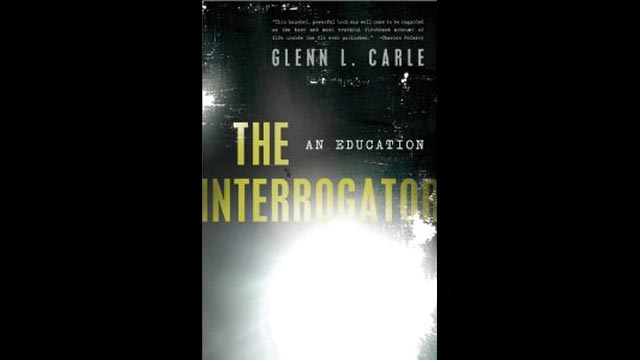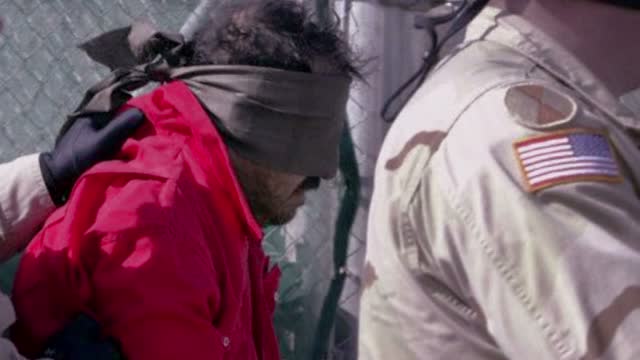Inside the CIA’s Redaction Process

August 31, 2011
Share
Last week, we told you about the heavy cuts the CIA is demanding from former FBI Agent Ali Soufan’s upcoming memoir. Today Salon published a fascinating interview with Glenn Carle, a career CIA veteran, who describes the process by which the agency vetted his memoir, The Interrogator:
They told me, “We will not allow you to take the reader into the interrogation room. We will not allow you to make the prisoner a human being. To the extent that we can, we will take out anything that gives him a personality.” I couldn’t say I saw fear in his eyes, or that he was a middle aged man. They had no right to take that out. But they did.”
Carle tells Laura Miller that because he knew some of the officials who were on the CIA’s Publications Review Board, he felt they were more candid with him. One member, standing next to him at a urinal, asked “Don’t you realize people could to go jail for this?”
Carle explains two CIA’s rationales for its editing process; one is “the mosaic theory of classification,” which argues that essentially the whole is greater than the sum of its parts. Even if all the individual pieces of information are declassified, adding them together could aid the enemy. Carle says this policy came after the publication of Michael Scheuer’s book Imperial Hubris: “[The White House] thought the CIA was out to get them. Bush said, ‘I don’t want anything to come out of the agency. Shut this down.'”
The other rationale, which was used in Ali Soufan’s case as well, is that even though information may be widely known, it may not have been officially declassified by the government.
FRONTLINE will have a rare televised interview with Soufan airing on Tuesday, Sept. 13.
Related Documentaries
Latest Documentaries
Related Stories
Related Stories
Explore
Policies
Teacher Center
Funding for FRONTLINE is provided through the support of PBS viewers and by the Corporation for Public Broadcasting, with major support from Ford Foundation. Additional funding is provided the Abrams Foundation, Park Foundation, John D. and Catherine T. MacArthur Foundation, Heising-Simons Foundation, and the FRONTLINE Trust, with major support from Jon and Jo Ann Hagler on behalf of the Jon L. Hagler Foundation, and additional support from Koo and Patricia Yuen. FRONTLINE is a registered trademark of WGBH Educational Foundation. Web Site Copyright ©1995-2025 WGBH Educational Foundation. PBS is a 501(c)(3) not-for-profit organization.





















